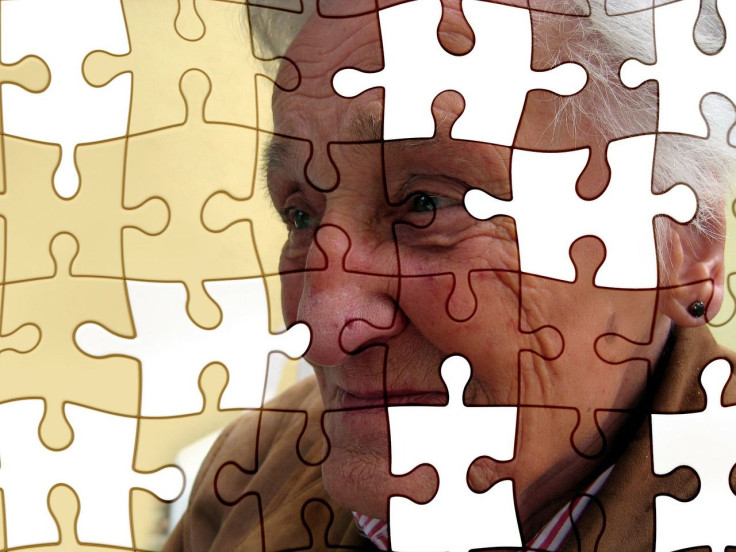Slight Mood Change Could Signal Your Loved One's Risk Of Dementia

KEY POINTS
- Dementia is a neurological condition that affects many old people
- Recognizing early warning signs of the condition can lead to great treatment options
- One of these warning signs is a change in behavior that you must be able to notice
This neurological condition has several symptoms that indicate damage to the brain that can become worse as time goes by. While scientists and medical professionals admit dementia cannot be prevented, recognizing its symptoms at an early time can help patients maintain their quality of life for the time being.
The problem with dementia is that its symptoms may be hard to identify at the outset because its symptoms can be so mild that it will be easily overlooked. One of such discrete warning sign pertains to changes in the mood. Recent evidence shows that this symptom is common in people who are slipping into dementia.
Symptoms of Dementia
One of the major dementia symptoms is memory loss. Recent studies, however, found another symptom may play a more vital role. In a new study conducted by the University of Exeter researchers, a widespread sign among patients is apathy. This attribute though, has been overlooked many times in several studies.
Researchers found that apathy or the attitude of becoming apathetic or indifferent is present in almost 50% of patients with dementia. Apathy, aside from indifference, has also been described as having a lack of interest in social interaction and life activities that affect the quality of life.
A Study On The Relationship of Dementia and Apathy
At the start of the research examining a cohort of 20 studies involving 4,320 people suffering from Alzheimer’s disease, researchers found 45% of them displayed apathy. Another 20% experienced persistent apathy after some time.
Researchers also observed some of the patients had apathy without depression. This is indicative of the symptom having its own distinctive biological and clinical profile when compared to apathy with depression or depression only.
According to Dr. Miguel de Silva Vasconcelos, a fellow at the University of Exeter and King’s College London, apathy is an often overlooked dementia symptom. It is also under-researched. Apathy is usually ignored because people who display them appear to be less engaging and less disruptive. This new study, however, proved that it has a big impact on the quality of life of patients suffering from dementia, as well as their families.
Dr. Vasconcelos also said that when people withdraw from social activities, it may speed up cognitive decline. He also revealed that the mortality rates are higher for patients displaying apathy. The doctor also opined that it is high time apathy is recognized as a dementia symptom and prioritized in relevant researches.
© Copyright IBTimes 2025. All rights reserved.





















